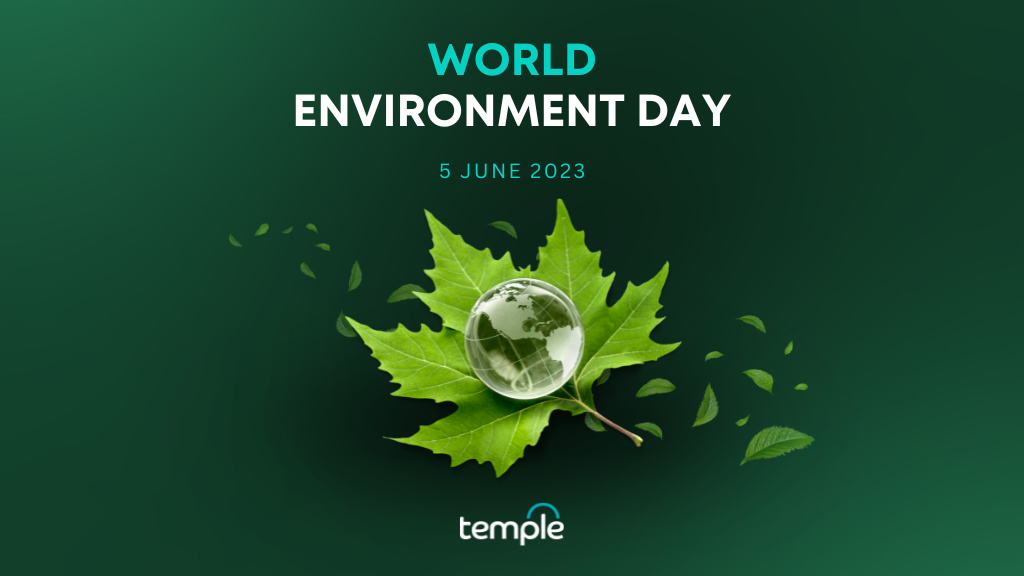
REPORT: How Five Years Shaped the Future of UK Manufacturing
UK manufacturers have demonstrated amazing adaptability during a period of unprecedented major disruption, according to a new report published by Protolabs and the Institute of Mechanical

World Environment Day 2023 is a reminder that people’s actions on plastic pollution matters. The steps governments and businesses are taking to tackle plastic pollution are the consequence of this action.
Temple QMS is fully supporting the initiative alongside our work with Ecologi, where have planted 335 trees and supported 22 projects with our commitment to both people and the planet.
The world of business produces around 430 million tonnes of plastic a year, two-thirds of which are short-lived products which soon become waste. Plastic pollution can have devastating impacts on our ecosystems and wildlife, our health and well-being and the global economy.Yet, current commitments made by governments and industry will only reduce the annual volume of plastic flowing into the ocean by 8 per cent by 2040.
The social and economic costs of plastic pollution reach up to US$600 billion per year. On the contrary, we are producing more and more plastic – it is embedded into every aspect of modern life. It is in our cars, homes, medical devices, clothes, and shampoos. Although much of the media coverage of plastic pollution centres on heart-breaking images of wildlife choking on plastic bags, the reality is plastic pollution is far more insidious. Much plastic pollution is not visible to the naked eye. Microplastics – tiny fragments of plastic less than 5mm in length – are polluting our soil, water supplies and our bodies.
It is not surprising that plastic is so commonplace: it is relatively cheap to
produce, durable, flexible and easy to transport. Made from fossil fuels, it began to be mass-produced during the Second
World War.
As fossil fuel extraction fed plastic production, everything from household appliances to medical devices were produced using plastic. Plastic production has surged over the past 50 years and is expected to double over the next 20 years. If no action is taken plastic pollution is set to triple by 2060. For this reason, it is important to transition to a healthier, more economically viable circular economy as soon as possible. What is the scale of the problem?Plastic pollution is preventable.
Taking action across all sectors of society can halt and reverse it. This guide provides some tips on how we can all be part of the global movement to #BeatPlasticPollution.
The plastic pollution crisis stems mainly from the fact that plastic is currently produced, used (often just once) and discarded. Tackling plastic pollution requires an approach that addresses all stages of plastic’s life cycle, from production to consumption to waste management, reducing pollution and waste at each stage. A life-cycle approach also helps balance economic needs with concerns over the effects of plastic pollution.

UK manufacturers have demonstrated amazing adaptability during a period of unprecedented major disruption, according to a new report published by Protolabs and the Institute of Mechanical

The 29th of April 2024 is an important date for IoT manufacturers and anyone selling connected devices in the UK. This brand new and world-leading

Dave Treadwell, VSUK Quality Manager and subregion Coordinator for VSNE covering Holland and Germany, takes us through his experience of becoming a CQI Fellow and

Temple QMS is delighted to be supporting the roll out of new grant funding in the Shropshire region. We will be supporting SME manufacturing businesses